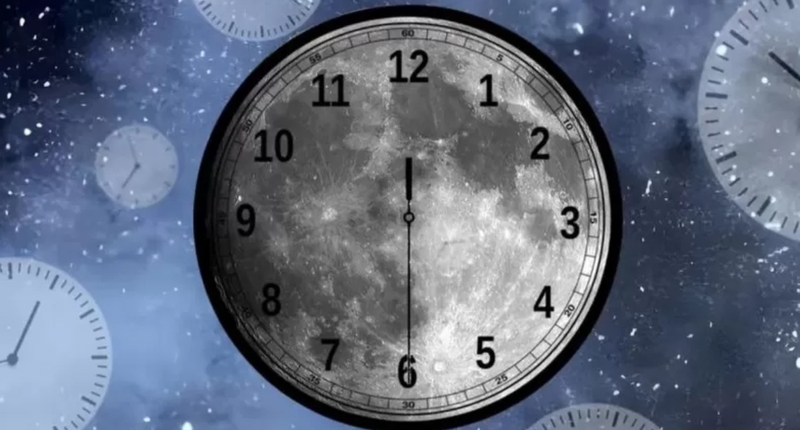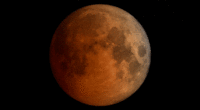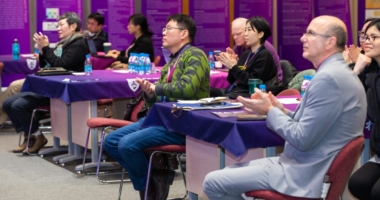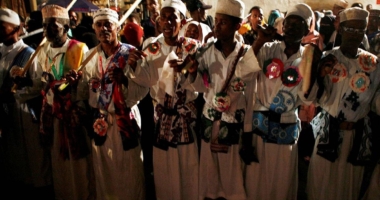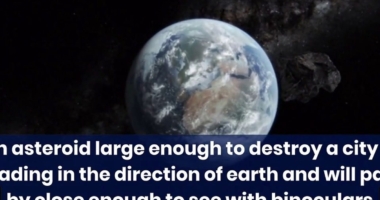Understanding and establishing time zones on the Moon has been a topic of debate, as different countries plan to work and travel there. Short-term missions use radio antennas to synchronize equipment with Earth’s time, but the method may not be suitable for longer stays. The European Space Agency proposes creating an official lunar time to facilitate coordination between space agencies and improve navigation accuracy. However, challenges must be addressed, such as deciding which country’s time zone to follow, considering practical astronaut applications, and accounting for the Moon’s gravity and rotation times. Time zones on Earth are divided by meridians, with GMT being the reference point for UK’s base time. Brazil has multiple time zones, with Brasilia time being the most commonly followed, equivalent to 3 hours behind GMT (-3 GMT).
The Debate on Establishing Time Zones on the Moon
Currently, there is no official time on the Moon, and with different countries planning to travel and work on the Moon in the coming years, there is a debate about whether it is necessary to have an official lunar time. One of the reasons for this debate is that clocks on the Moon run faster than on Earth. The 24-hour day on the lunar clock is 56 microseconds shorter than on Earth because the Moon has a weaker gravity than the Earth. Short-term missions to the Moon usually use radio antennas to try to keep equipment in sync with time on Earth, but this method may not be suitable for longer stays.
The European Space Agency (ESA) argues that combining a time zone for the moon would not only make it easier for different space agencies around the world to work together but could also help obtain more accurate orientation and navigation on the surface of the Moon. The ESA says that a single space agency should be responsible for determining lunar time. A decision must also be made as to whether we should follow a country’s time zone here on Earth or whether we should have a specific moon time.
Bernhard Hoffenbach of the ESA also pointed out some challenges with establishing a time zone on the Moon. For example, there are regions of the moon where a day lasts roughly an Earth month, and there are icy nights that last two weeks due to the difference in the star’s rotation time. Creating a time zone on the Moon would mean the same could be done for future visits to other places in space, such as Mars.
Time around the globe is divided into time zones using imaginary lines called meridians. One of these imaginary lines runs through Greenwich in London, which marks Greenwich Mean Time, or GMT. The United States, India, Russia, and Japan plan to send missions to the moon this year, and the first human visit to the moon in more than 50 years is scheduled for 2025 with NASA’s Artemis mission, which will take the first woman and the next man to the lunar surface.
Understanding Time Zones and Brazil’s Time Difference from the UK
Time zones are imaginary lines that run across the globe from the North Pole to the South Pole. The UK’s base time is Greenwich Mean Time (GMT), which is used as a reference point. Countries to the east of the UK, such as Japan, are ahead of GMT, while countries to the west, such as Brazil, lag behind GMT.
Brazil has multiple time zones, but the Brasilia time zone is followed in most parts of the country. The Brasilia time zone is equivalent to 3 hours behind GMT, i.e. -3 GMT. This means that when it is 8 am in Brazil, it is 11 am in London, unless one of the countries is observing daylight saving time.
Don’t miss interesting posts on Famousbio

